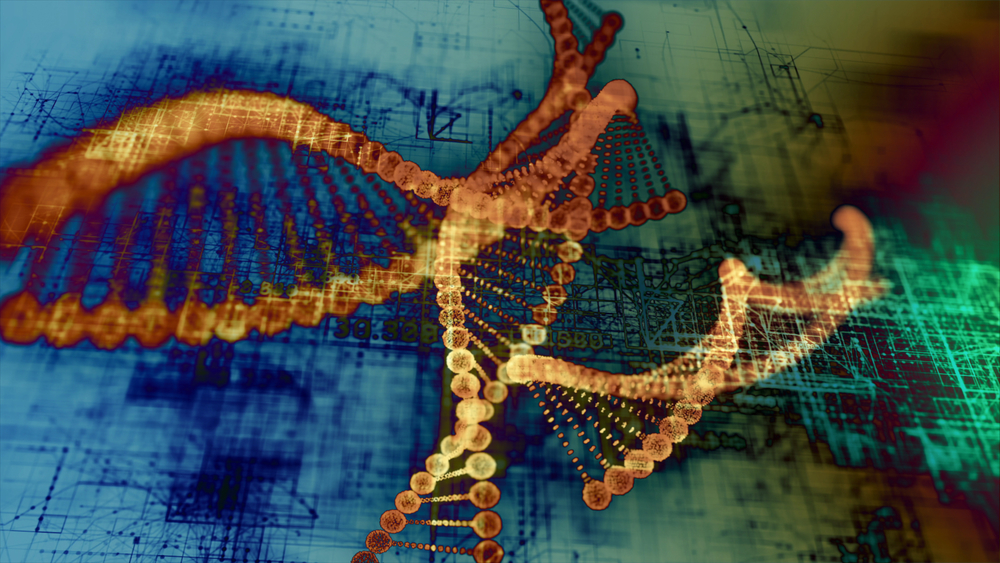The mesenchymal stem cell (MSC) industry is well-known for its shifting dynamics, including new alliances, new research advances and innovations. Every month there are major new events that affect market participants.
Therefore, we are excited to share with you the following summary of major mesenchymal stem cell (MSC) industry events for October 2015.
Mesenchymal Stem Cell News Round-Up for October 2015
-
Strategies to improve the immunosuppressive properties of human mesenchymal stem cells
[October 7, 2015] Mesenchymal stem cells (MSCs) are of particular interest for the treatment of immune-related diseases because of their immunosuppressive capacities. However, few clinical trials of MSCs have yielded satisfactory results.
Read more… -
Stem cell clinical trials are multiplying
[October 3, 2015] In early October, leaders in this transformation will give a progress report and look ahead in the biotech hub of Torrey Pines Mesa, a major center of stem cell research.
The annual Stem Cell Meeting on the Mesa provides a three-day look at regenerative medicine from the scientific and business perspectives. And as in recent meetings, momentum on the business side continues to accelerate. Pharmaceutical companies and biotech investors who had previously dismissed the sector as unready are marching in.
Read more…
-
Japan seeks leadership role in stem cell medicine
[October 7, 2015] The United States, with its own aging Baby Boomer population, may see its own future in Japan’s struggles to bring advanced biomedical research to patients who need it. And Japan is inviting the U.S. and other nations working in the field to join it, by collaborating with companies and even helping them set up operation in Japan.
Read more… -
BrainStorm Announces Treatment of Final Patient in US Multicenter Double Blinded Phase 2 ALS Trial
[October 7, 2015] BrainStorm Cell Therapeutics Inc., a leading developer of adult stem cell technologies for neurodegenerative diseases, announced today that the final patient has been treated in its multicenter Phase 2 clinical trial investigating the company’s proprietary NurOwn™ stem cell technology. The trial is a double blind, placebo-controlled, clinical trial which targeted enrollment of 48 patients with Amyotrophic Lateral Sclerosis (ALS), also known as Lou Gehrig’s disease.
Read more… -
Pitt bioengineer receives NIH grant to study regeneration of diseased aortas
[October 1, 2015] Abdominal aortic aneurysm (AAA), caused by the loss of elastin, a critical protein for blood vessel function, is responsible for approximately 10,000 American deaths every year. Through a grant from the National Institutes of Health, vascular bioengineering researchers at the University of Pittsburgh’s Swanson School of Engineering are proposing a new strategy for delivering therapeutic cells to the diseased cells into order to restore elastin levels and regenerate the aorta.
Read more… -
Compass Biomedical Announces FDA Drug Master File Acceptance for PLUS™ Human Platelet Lysate
[October, 2015] Compass Biomedical announced that the Food and Drug Administration (FDA), Center for Drug Evaluation and Research has accepted the Type II Drug Master File (DMF) submission for its PLUS™ Human Platelet Lysate.
PLUS™, a commercially manufactured human platelet lysate, is a cytokine rich replacement for fetal bovine serum (FBS). With no added heparin required, PLUS™ offers researchers a true xeno-free alternative to FBS. PLUS™ Human Platelet Lysate is available as a Clinical Grade and Research Grade product. PLUS™ is the only commercially manufactured human platelet lysate (hPL) to have an accepted DMF filing.
Read more… -
Mesenchymal stem cells stabilize the blood–brain barrier through regulation of astrocytes
[September 29, 2015] The present study indicated that MSCs may stabilize BBB permeability by modulating astrocytic endfeet and VEGF-A signaling, which may be relevant to the treatment of Parkinsonian diseases as a candidate for disease modifying therapeutics.
Read more… -
Bone marrow derived mesenchymal stem cells improve acute lung injury induced by sepsis in rats
[October 1, 2015] Acute Respiratory Distress Syndrome(ARDS) is a common respiratory critical illness, usually develops in patients with predisposing conditions that induce systemic inflammatory response, such as sepsis. This study was undertaken to examine the effects of BMSCs injection on ARDS induced by sepsis.
Read more… -
Adult autologous mesenchymal stem cells for the treatment of suspected non-infectious inflammatory diseases of the canine central nervous system: safety, feasibility and preliminary clinical findings
[September 29, 2015] Non-infectious inflammatory diseases of the canine central nervous system (CNS) are common idiopathic disorders grouped under the term meningoencephalomyelitis of unknown origin (MUO). Ante mortem diagnosis is achieved via assessment of clinical signs, magnetic resonance imaging (MRI), and cerebrospinal fluid (CSF) analysis, but the definitive diagnosis needs histopathological examination.
MUO are mostly considered as autoimmune CNS disorders, so that suppressing the immune reaction is the best management method for patients. Mesenchymal stem cells (MSCs) are under investigation to treat autoimmune and degenerative disorders due to their immunomodulatory and regenerative properties. This study aims to verify the safety, feasibility, and efficacy of MSCs treatment in canine idiopathic autoimmune inflammatory disorders of the CNS.
Read more… -
Transplantation of human Wharton’s jelly-derived mesenchymal stem cells highly expressing TGFβ receptors in a rabbit model of disc degeneration
[October 2, 2015] Mesenchymal stem cells (MSCs) are widely considered to hold promise for the treatment of intervertebral disc (IVD) degeneration. However, variation in the therapeutic efficacy of MSCs is a major problem and the derivation of MSCs for use in IVD regeneration has not been optimized. Additionally, no data are available on the efficacy of Wharton’s Jelly-derived MSC (WJ-MSC) transplantation in an animal model of IVD degeneration.
Read more…
To learn more about opportunities for commercializing MSCs, view the global strategic report “Mesenchymal Stem Cells – Advances & Applications.”
About Us
BioInformant is the first and only market research firm to specialize in the stem cell industry. BioInformant research has been cited by prominent news outlets that include the Wall Street Journal, Nature Biotechnology, Xconomy, and Vogue Magazine. Serving industry-leaders that include GE Healthcare, Pfizer, and Goldman Sachs, BioInformant is your global leader in stem cell industry data.
